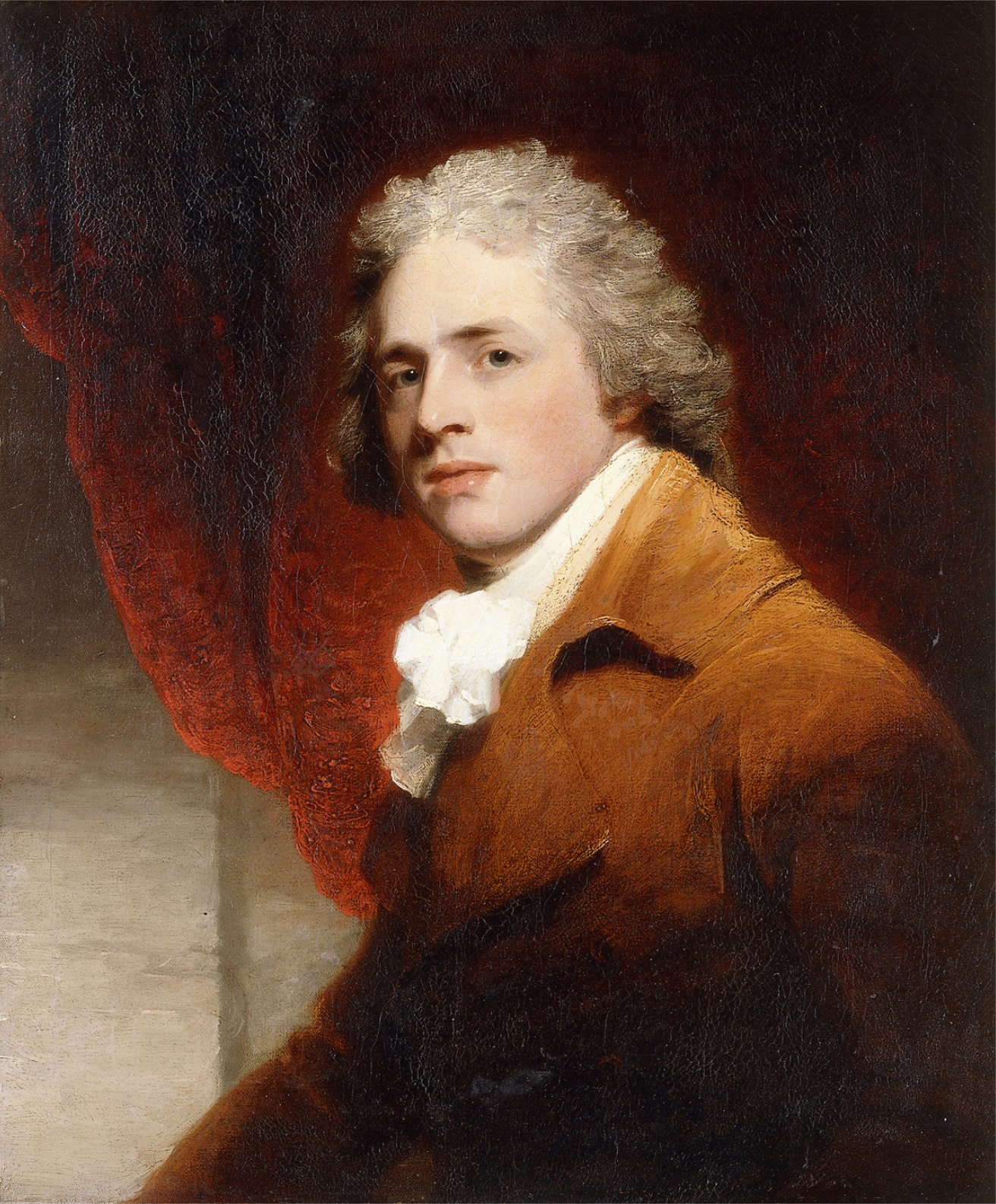Richard Brinsley Sheridan was born in Dublin in 1751, and, although his family moved to England shortly before his eighth birthday, he self-identified as Irish throughout his life. The Protestant Sheridans were originally of Gaelic Catholic stock and had deep roots in Quilca, Co. Cavan. Richard's grandfather, Thomas, was a published poet and a friend of Jonathan Swift's, and his father, also called Thomas, was a celebrated actor, theatre manager, playwright, and elocution teacher. Richard's mother, Frances, was a well-regarded novelist and playwright, and his sisters, Alicia and Elizabeth, were also writers.
Richard's first play, The Rivals (1775), was based loosely on his own experiences of fighting duels during his courtship of the beautiful English singer, Elizabeth Ann Linley; the play also drew on an unproduced play of his mother's, A Trip to Bath. From an Irish point of view, The Rivals is important, because it makes subversive use of the stock figure of the Stage Irishman. As Joep Leerssen has argued, the character of Sir Lucius O'Trigger may be violent and a fortune hunter (like many Stage Irish figures created by English playwrights over the centuries), but he also behaves with a degree of autonomy and agency that is very out of keeping with the rigid constraints placed on most Stage Irish characters. Despite this, O'Trigger was still perceived by the play's opening night audience as a slur upon the Irish. Sheridan, being a proud Irishman, could not let this stand, so, after that first night, he toned down aspects of the character that were perceived as excessively anti-Irish. To further convince audiences of his partiality to his native country, he also quickly wrote a play featuring an Irish hero: St. Patrick's Day, or the Scheming Lieutenant (1775). As Christopher Morash has pointed out, St. Patrick's Day has remained a “fixture” on Irish stages since it was written.
The great Irish novelist Elizabeth Bowen once noted that Sheridan's classic “English” comedies, such as The School for Scandal (1777) and The Critic (1779), have a “weird”, outsider's perspective on the English, and this is undoubtedly ascribable to Sheridan's Irish background. From an Irish point of view, Sheridan's final play, Pizarro (1799), is also very important, since it has a strong anti-colonial message. Sheridan served in the British parliament from 1780 to 1812, and several speeches in Pizarro mirror the strong anti-colonial statements that he made regarding the English mistreatment of Ireland and India throughout his political career.
In 1776, Sheridan became manager of the Drury Lane Theatre and remained in that position until the theatre burned down in 1809. Legend has it that Sheridan was drinking wine while watching the fire, and, when questioned about it, he quipped, “A man may surely be allowed to take a glass of wine by his own fireside.”
Plays
- The Rivals (1775)
- St. Patrick's Day (1775)
- The School for Scandal (1777)
- The Critic (1779)
- Pizarro (1799)
Find out more
For more on this playwright from an Irish Studies perspective, see Fintan O’Toole’s biography, A Traitor’s Kiss: The Life of Richard Brinsley Sheridan (1997).

